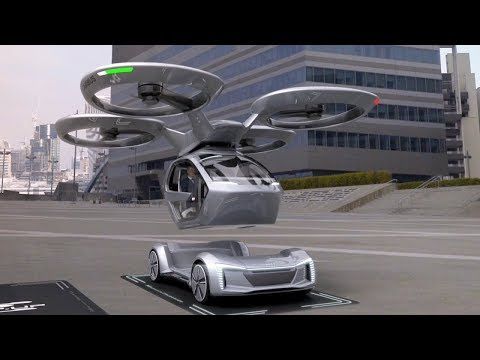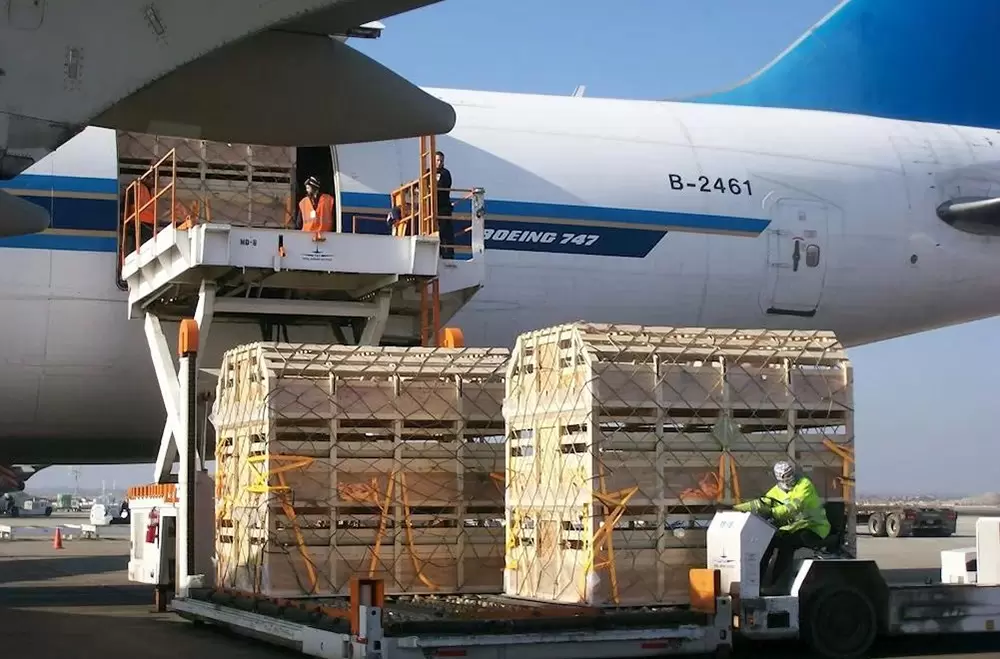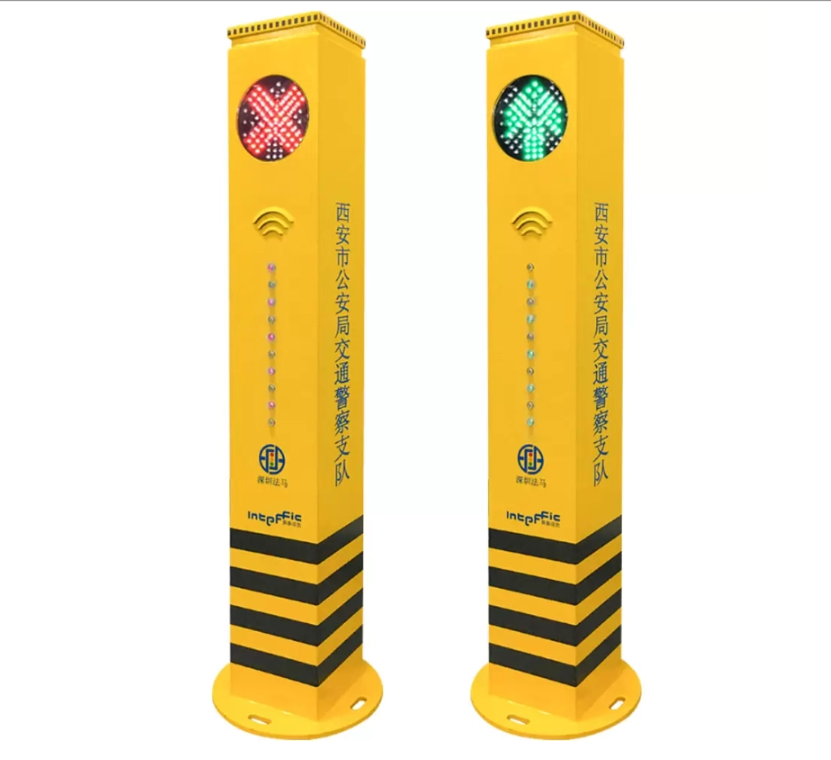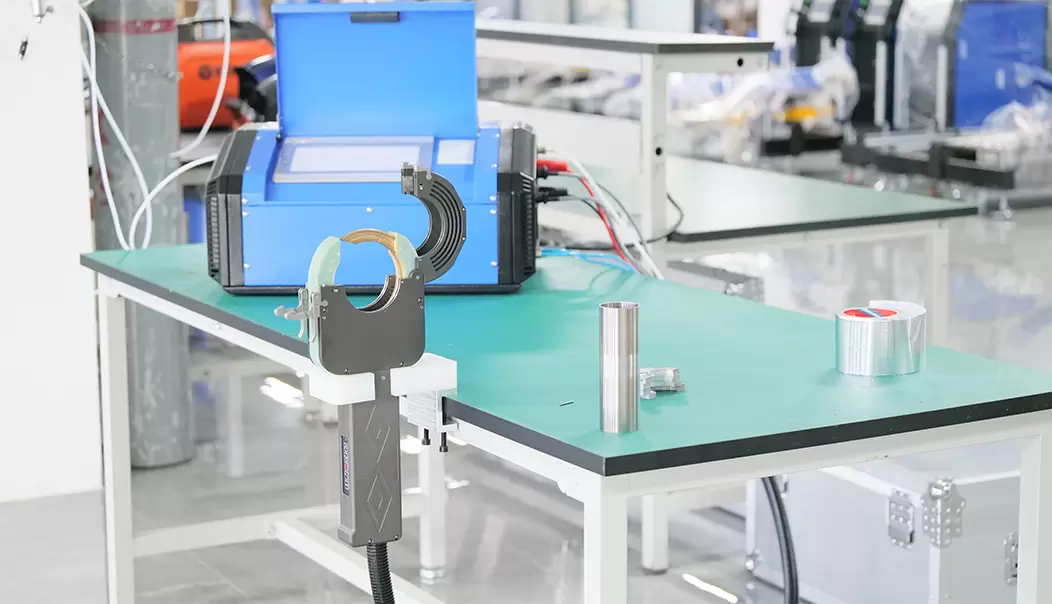
The transport industry has undergone a significant transformation in recent years, thanks to the integration of Information and Communication Technology (ICT) into its operations. ICT has revolutionized the way transportation services are delivered, making them more efficient, reliable, and cost-effective. In this blog post, we will explore how ICT is used in the transport industry and its impact on the sector.
- Intelligent Transport Systems (ITS)
Intelligent Transport Systems (ITS) are a set of advanced technologies that use ICT to improve the efficiency and safety of transport systems. ITS includes technologies such as traffic management systems, electronic toll collection, and real-time passenger information systems. These technologies have helped to reduce traffic congestion, improve road safety, and enhance the overall travel experience for passengers.
- Fleet Management Systems
Fleet management systems are another example of how ICT is used in the transport industry. These systems use GPS technology to track and monitor vehicles in real-time. Fleet management systems help transport companies to optimize their operations by reducing fuel consumption, improving driver safety, and enhancing vehicle maintenance.
- Autonomous Vehicles
Autonomous vehicles are a game-changer in the transport industry. These vehicles use advanced sensors, cameras, and GPS technology to navigate roads without human intervention. Autonomous vehicles have the potential to reduce traffic accidents, improve road safety, and reduce traffic congestion. They also have the potential to revolutionize the way goods are transported, making logistics more efficient and cost-effective.
- Mobility as a Service (MaaS)
Mobility as a Service (MaaS) is a new concept that uses ICT to provide a seamless travel experience for passengers. MaaS integrates different modes of transport, such as buses, trains, and taxis, into a single platform. Passengers can use a single app to plan and book their entire journey, from start to finish. MaaS has the potential to reduce car ownership, promote sustainable transport, and improve the overall travel experience for passengers.
In conclusion, ICT has transformed the transport industry in many ways. From intelligent transport systems to autonomous vehicles and mobility as a service, ICT has made transport services more efficient, reliable, and cost-effective. As the world continues to embrace digital technologies, we can expect to see even more innovations in the transport industry in the years to come.







